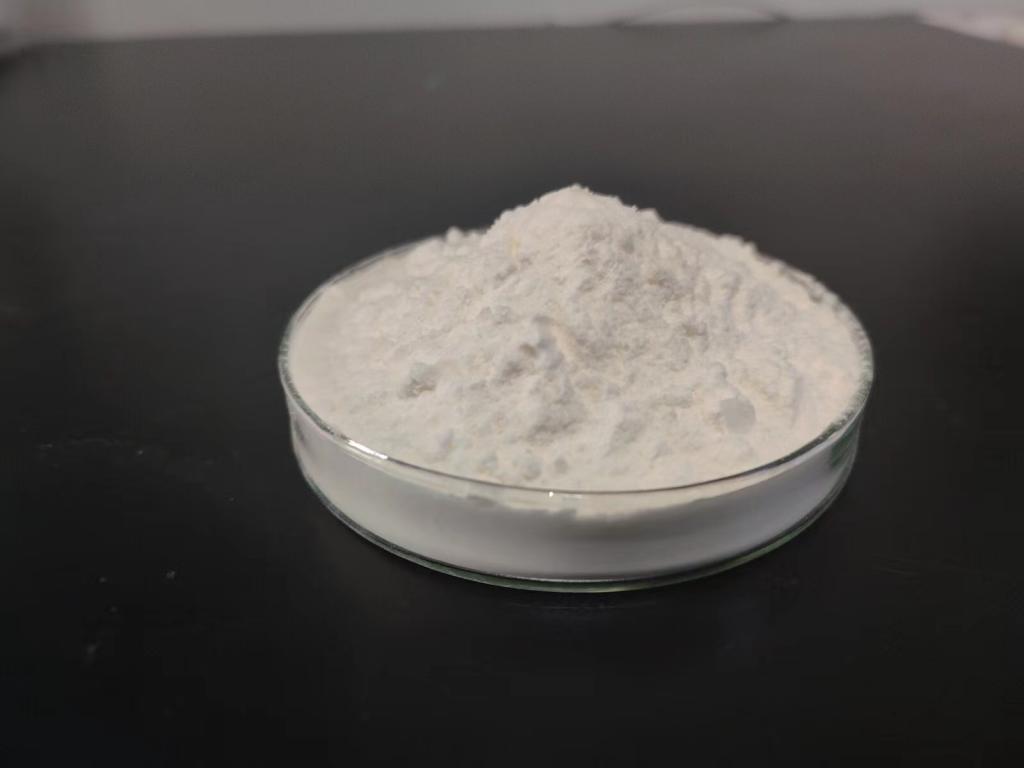Tel:+8618231198596

News
 CONTACT
CONTACT
 CONTACT
CONTACT
- Linkman:Linda Yao
- Tel: +8618231198596
- Email:linda.yao@dcpharma.cn
- Linkman:CHARLES.WANG
- Department:Overseas
- Tel: 0086 0311-85537378 0086 0311-85539701
News
ε-Polylysine hydrochloride is approved for use in various countries.
TIME:2024-03-21
Regulatory Approval Process:
The journey of ε-Polylysine hydrochloride from discovery to global acceptance has involved rigorous regulatory scrutiny and evaluation. Regulatory agencies in different countries, including the U.S. Food and Drug Administration (FDA), the European Food Safety Authority (EFSA), and equivalent authorities in other regions, have conducted comprehensive assessments to determine its safety and suitability for various applications.
The approval process typically involves the submission of scientific data, including toxicological studies, safety assessments, and efficacy trials, to demonstrate the safety and efficacy of ε-Polylysine hydrochloride. Regulatory authorities evaluate these data to establish permissible levels of use, labeling requirements, and any specific conditions for its application in different industries.
Approval Status in Different Countries:
ε-Polylysine hydrochloride has obtained regulatory approval for use in various countries across North America, Europe, Asia, and other regions. In the United States, the FDA has affirmed the Generally Recognized as Safe (GRAS) status of ε-Polylysine hydrochloride, allowing its use as a food additive and preservative in accordance with specified regulations.
Similarly, the EFSA has evaluated the safety of ε-Polylysine hydrochloride and established maximum permitted levels for its use in food products within the European Union (EU). Other countries, including Japan, China, South Korea, and Australia, have also approved the use of ε-Polylysine hydrochloride in food and other applications, reflecting its global acceptance and adoption.
Applications in Food and Beverage Industry:
One of the primary applications of ε-Polylysine hydrochloride is in the food and beverage industry, where it serves as a natural preservative to extend the shelf life of perishable products. Its approval for use in various countries underscores its suitability and safety for this purpose, providing manufacturers with confidence in its efficacy and compliance with regulatory standards.
In food products, ε-Polylysine hydrochloride helps inhibit the growth of spoilage organisms and foodborne pathogens, reducing the risk of foodborne illness and spoilage. It is commonly used in a wide range of food categories, including dairy, meat, seafood, bakery, and ready-to-eat meals, to maintain product freshness and safety throughout storage and distribution.
Applications in Pharmaceuticals and Healthcare:
Beyond the food industry, ε-Polylysine hydrochloride finds applications in pharmaceuticals and healthcare products, where its antimicrobial properties contribute to product safety and efficacy. Approved for use as an antimicrobial agent, ε-Polylysine hydrochloride is incorporated into medical devices, wound care products, oral care products, and topical formulations to prevent infections and promote healing.
Its regulatory approval in various countries validates its safety and suitability for use in medical and healthcare settings, providing healthcare professionals and consumers with assurance of its efficacy and compliance with regulatory standards.
Contributions to Environmental Sustainability:
The approval of ε-Polylysine hydrochloride for use in food, pharmaceuticals, and other applications also has implications for environmental sustainability. As a naturally derived compound, ε-Polylysine hydrochloride offers environmental benefits compared to synthetic antimicrobial agents derived from petrochemicals.
Its biodegradability and minimal ecological footprint make it a sustainable choice for industries seeking to reduce their environmental impact and promote eco-friendly practices. By adopting ε-Polylysine hydrochloride as a natural preservative, companies can contribute to sustainability goals while ensuring the safety and quality of their products.
Consumer Perception and Acceptance:
The global approval of ε-Polylysine hydrochloride also influences consumer perception and acceptance of products containing this compound. With regulatory authorities affirming its safety and efficacy, consumers can trust that products preserved with ε-Polylysine hydrochloride meet stringent regulatory standards and pose minimal risks to health.
Moreover, the natural origin of ε-Polylysine hydrochloride aligns with consumer preferences for clean-label and environmentally friendly products. Its acceptance in various countries reflects consumer confidence in its safety and suitability for use in food, pharmaceuticals, and other applications.
Future Directions and Opportunities:
Looking ahead, the global approval of ε-Polylysine hydrochloride opens up opportunities for further innovation and expansion of its applications. Continued research and development efforts may explore novel formulations, delivery systems, and applications to maximize its efficacy and versatility in different industries.
Furthermore, international collaboration and harmonization of regulatory standards can facilitate the global trade and adoption of products containing ε-Polylysine hydrochloride, ensuring consistency and compliance with regulatory requirements across borders.
Conclusion:
The global approval of ε-Polylysine hydrochloride underscores its safety, efficacy, and versatility as a natural antimicrobial agent. Its acceptance in various countries reflects its importance and relevance in promoting food safety, healthcare, and environmental sustainability on a global scale. By harnessing the potential of ε-Polylysine hydrochloride, industries can innovate and thrive while meeting the evolving needs and expectations of consumers worldwide.
- Tel:+8618231198596
- Whatsapp:18231198596
- Chat With Skype







